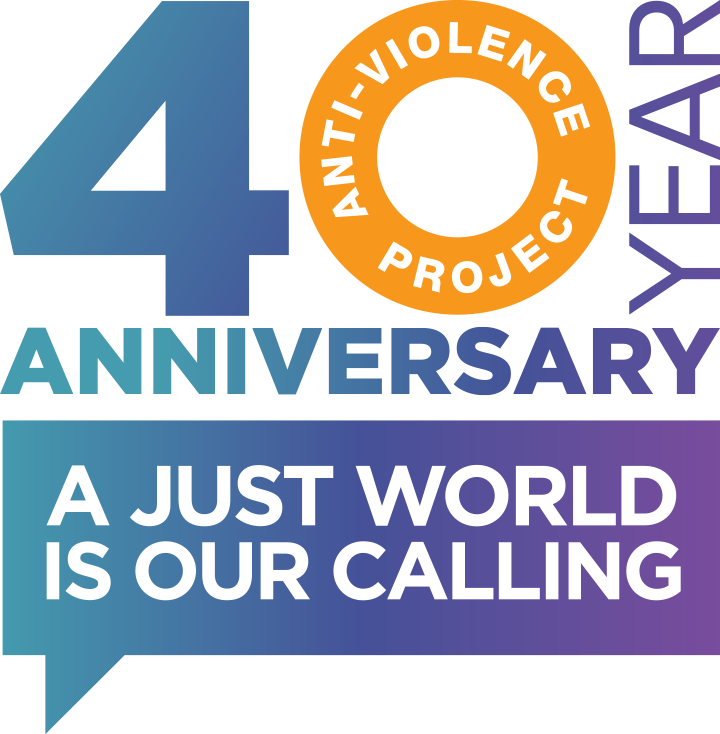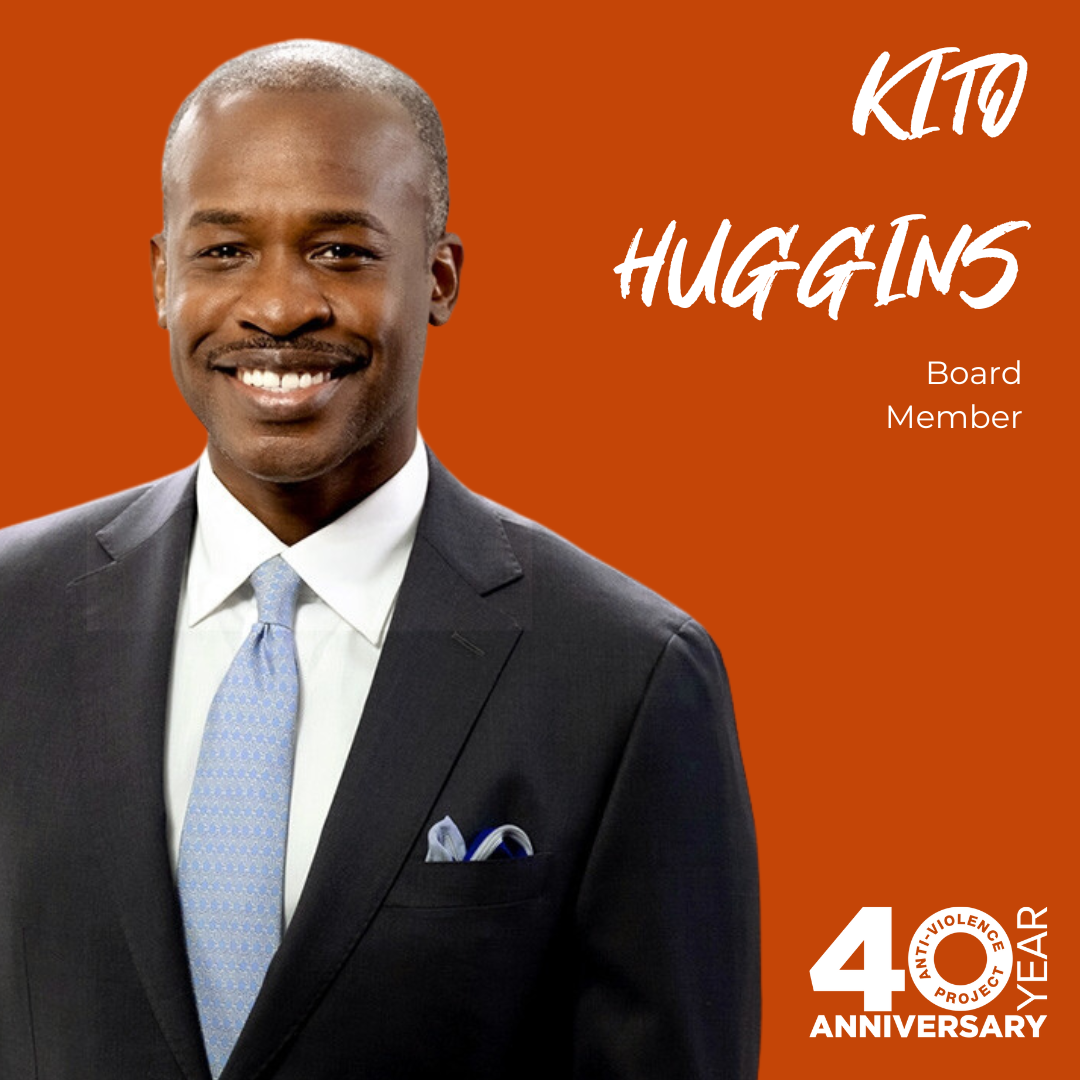
This interview has been shortened and condensed for clarity.
As the current Chief Operating Officer of the renowned Center on Halsted in Chicago, Kim Fountain knows that her community and advocacy work there stems from her start as an AVP staffer doing everything from legislative visits, Pride events, bullhorning protests alongside people like Tish James and Sylvia Rivera, to coordinating numerous hotline and other trainings.
“I am privileged to be able to do [this work], you know?” she says. As an Asian American anthropologist from a working-class background and a mother who’s a survivor of war and occupation, Fountain knows how community centers become vital hubs for marginalized people. Through tough periods like the Trump administration, the Pulse Nightclub shooting, or the fight for marriage equality, Kim has met many challenges in her time as an organizer both in and outside the system. But AVP has been a north star for her and how she keeps things going.
“I think AVP’s work and what we do is at the heart of the entire movement.”
How did you first become involved at AVP?
I first learned about AVP somewhere around 1997 or so when I was in graduate school at the New School for Social Research. I focused my writing on LGBTQ issues and used AVP’s Hate Violence reports. I can’t recall exactly, but I think I picked up an actual hard copy of the report when AVP was on Hudson Street. I started working at AVP in 2000 in COPA (Community Organizing and Public Advocacy) under Clarence Patton.
Is there an experience from your time at AVP that sticks out for you?
There was a guy whose son had been murdered — he was a cab driver. He didn’t know his son was gay, and I remember being on the sidewalk with him and his kids now who were older and him just holding onto me and me holding onto him and thinking, “This man just found out all in the same moment that his son was gay and now he’s dead.” And that was powerful for me. That was one of those moments where I was just like, “This is why we do the work. This is why AVP exists. We are here not only for victims of violence but also their families and the people who love them. And for people who just didn’t understand necessarily.”
What’s something that you’re learning in your work now?
We’re in a very significant period of change. Before that, I really felt like a lot of people around us — like the world was kind of split between: you’re either in the system, or you’re fighting against the system.
What you realize is that I might have radical views about tearing it all down and that the system is corrupt and things like that, but there are a lot of people within our community that actually rely on the system and really rely on and want to engage the system.
So how do I work to reform the system? How do I do that and protest at the same time? That’s where I found myself.
Why do you continue to do what you do?
I’ve been told by my mother that growing up, I had an absolute sense of what was fair and what was not fair. I always thought that if I’m confused by something, if I don’t understand why something is happening, I want to fix it. Right? I want to make it better. And so if you couple a sense of justice with a sense of wanting to fix things, that’s where I land in the anti-violence movement.
And so everything I do is really all about trying to right the wrongs that are there because somewhere in our history, society decided that queer bodies were a threat. Our bodies are threatening for some reason to the point of really driving people to create horrifying laws and terrible acts of violence. You just have to be relentless, because there’s no other choice. I have the privilege to be able to be in this fight.
How did you overcome your biggest obstacles in organizing?
Every time you meet somebody who’s just coming out or every time you meet a parent who really wants their queer kids to be safe and okay, every time you meet a legislator who really wants to learn about how they can help and how they can be supportive or a funder who says, “I want to make certain that I’m using this money and I’m going to make a donation that will really have an impact.”




